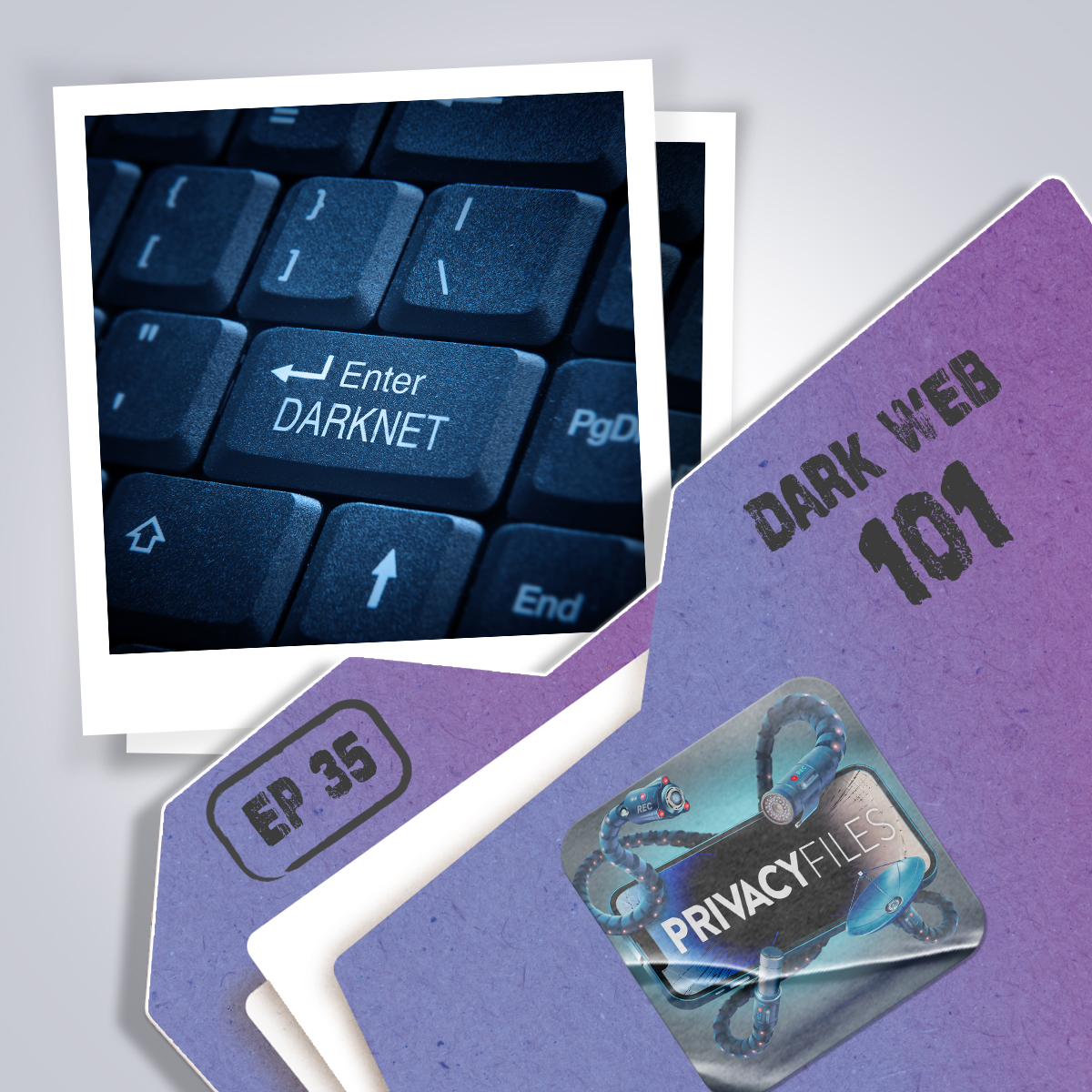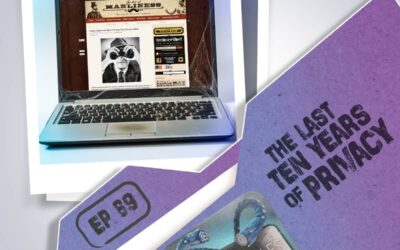The internet is a lot of things. It is informative…sometimes deceptive. It brings people together when they are separated by great physical distances. It makes shopping easier than at any other time in human history. But there is also a dark side. But is it as sinister as the media makes it out to be?
The dark web conjures up images of a deep recess within the web where anything goes. A place where so-called “red rooms” live stream the torture and murdering of innocent people. A shadowy digital world where hitmen sell their services for as little as $5,000.
But is the dark web really this evil?
In this episode of Privacy Files, we kick of a multi-part series on the dark web by laying the foundation for what the dark web really is and how it came about.
We start by explaining the differences between the surface web, the deep web and the dark web. The surface web, the indexed part of the web most of us are familiar with, is less than 10% of the entire web. Considering that in April 2023 there were more than 30 billion webpages indexed on the surface web alone, the entirety of the web is mind-blowing.
Then we dive into the origins of the dark web by looking at its history and evolution.
The dark web as we know it today traces its roots back to the 1990s when researchers at the Naval Research Lab (NRL) created the first designs and prototypes for onion routing, which relies on a decentralized network.
In the mid-2000s the Tor Project launched and the Tor browser soon followed.
Today, the Tor browser is how most people access the dark web, with one study placing the number of daily Tor users at 2.6 million. While Tor and the dark web are used by criminals, they are also championed by privacy advocates around the world. These privacy patriots include whistleblowers, political dissidents, independent journalists and those fighting government censorship.
In all, we give you an objective look at the good and the bad of the dark web. Our conclusions might surprise you. They surprised us.
To wrap up the episode, we provide you with some helpful tips for navigating the dark web and leave you with a few clear words of caution.
If you don’t have a good reason for navigating the dark web, it’s probably best to stay away.
Links Referenced:
https://www.techspot.com/article/2660-the-dark-web/
https://www.dailymail.co.uk/sciencetech/article-12119027/Im-tech-correspondent-used-dark-web-day-heres-saw.html
https://www.tomshardware.com/news/dark-web-chatgpt-unleashed-meet-darkbert
https://kratikal.com/blog/surface-web-and-dark-web-exploring-layers-of-web/
https://www.kaspersky.com/resource-center/threats/deep-web
https://www.youtube.com/watch?v=0UuHn27dFpE
https://www.imf.org/en/Publications/fandd/issues/2019/09/the-truth-about-the-dark-web-kumar
https://www.youtube.com/watch?v=luvthTjC0OI
https://www.makeuseof.com/dark-web-legitimate-uses/
https://www.youtube.com/watch?v=EgXeXmNecto
https://www.dailymail.co.uk/sciencetech/article-12042561/I-bought-5-items-Dark-Web-wont-believe-sent.html
https://www.torproject.org/






